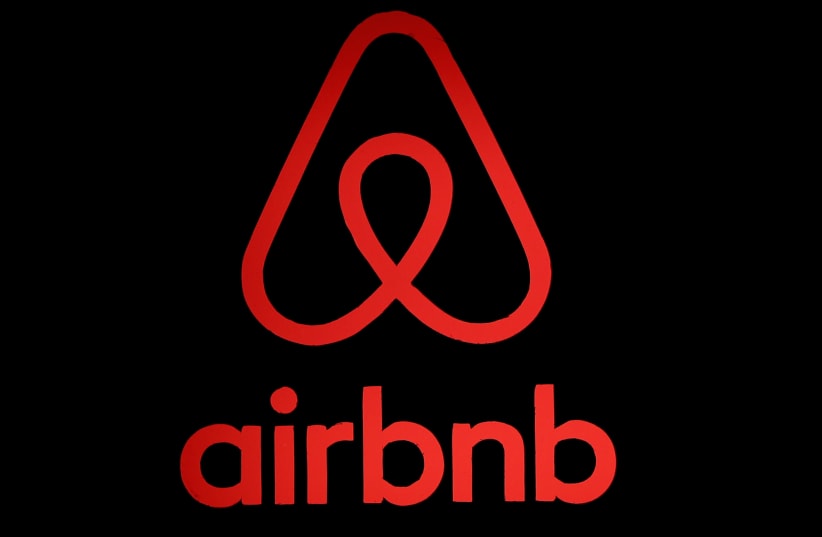Airbnb, UNHRC boycott Israel yet ignore other disputed territories, report charges
A past similar report alleged that the UN Human Rights Council was turning a blind eye to more than 40 European companies that operate in four other areas deemed occupied territory by the U.N.
